For some time now, some sources have been telling motorists what their terrible future could be, including forced scrapping and a ban on repairs: here’s what’s true in these disconcerting revelations which would affect millions of motorists
Now the Italian motorist is more and more resigned and feels constantly at the mercy of events: a sad observation that leaves little room for optimism. The always creative European regulations are often implemented by our legal system in an at least not very functional way, creating a profound climate of mistrust and precariousness towards the future of the car and beyond. Much of the responsibility for this situation goes to those who can rightly be defined as ‘eco-madness‘: tendentious and opportunistic maneuvers that only succeed in creating widespread hostility and intolerancetogether with strong social tensions.
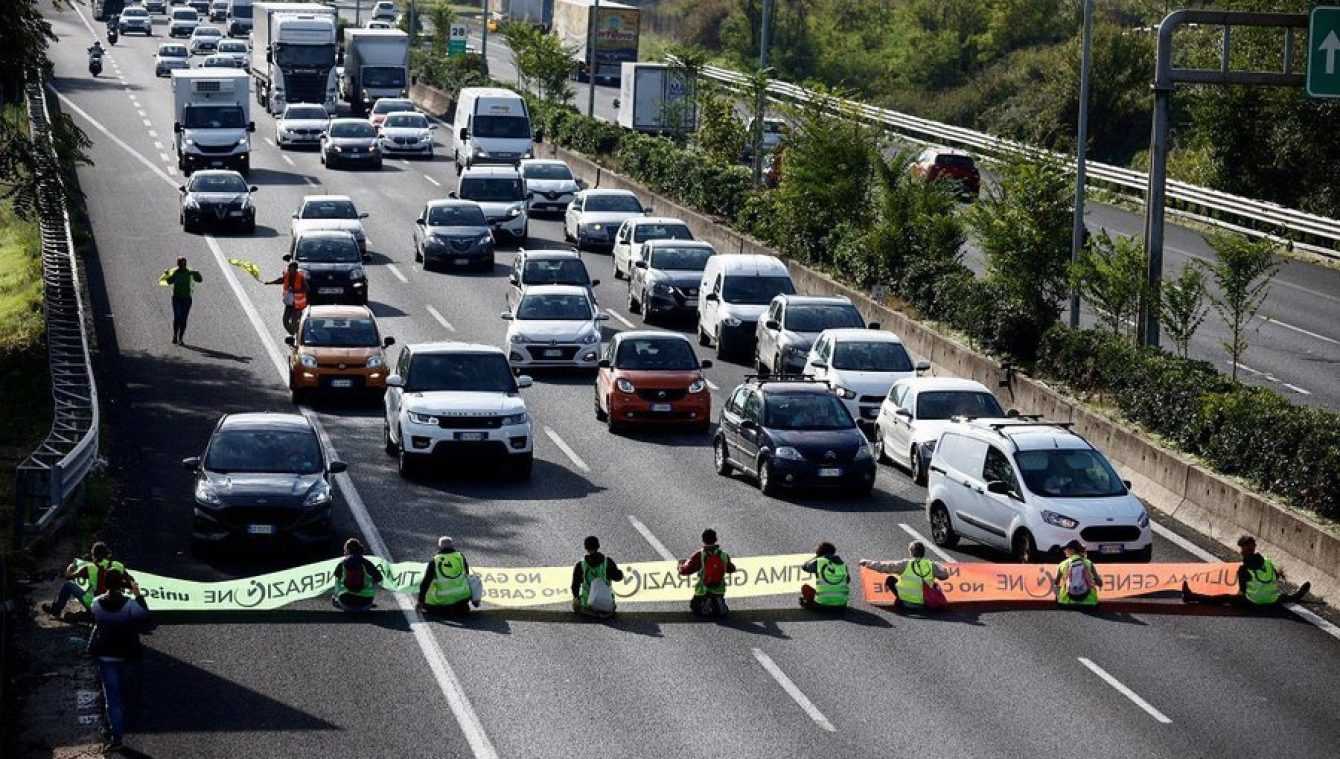
After i controversial traffic blocks according to the euro class and themandatory insurance all we needed was the announcement of a procedure that would sound like a death sentence for a very large number of cars circulating in our country! Fortunately it would be just a piece of news that was reported by certain sources in an unclear manner. So what will happen to our old car? We will actually receive a letter home that will impose compulsory demolition on us within a specific deadline? And again, it will truly be It is forbidden to repair cars older? Let’s clarify things a little!
Forced scrapping and repair ban: danger averted!
Fortunately, leaving aside the more extremist readings, the new European legislation it would not or would not affect the ownership of our vehicles. No ‘legalized seizures’ or prohibition on repairing our cars until we deem it appropriate, but only clear rules for those who want to sell or export vehicles in extremely precarious conditions, therefore subject to forced scrapping. The competent authorities will therefore be able to rely on a precise set of parameters to establish whether a vehicle is actually capable of continuing its service or whether it has reached the end of its life.
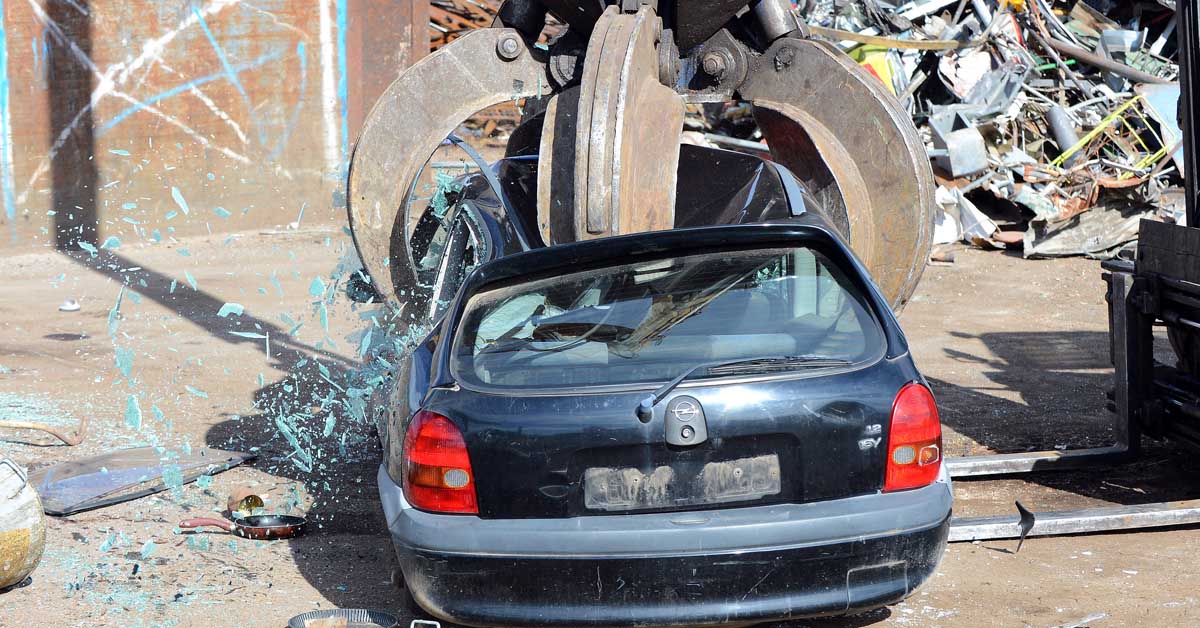
To this we must add that the provision it will also affect car manufacturers: the Commission intends to impose an obligation to use a minimum threshold of recycled materials (for example 25% of plastic reused on the total), to encourage more ecological construction criteria and encourage the recovery of raw materials. ACEA, the European association of car manufacturers, has already pointed out this will impact their budgets and, inevitably, also on the already skyrocketing list prices. Predictably, the second-hand price list will also suffer a new ‘earthquake’ with potentially disastrous results.
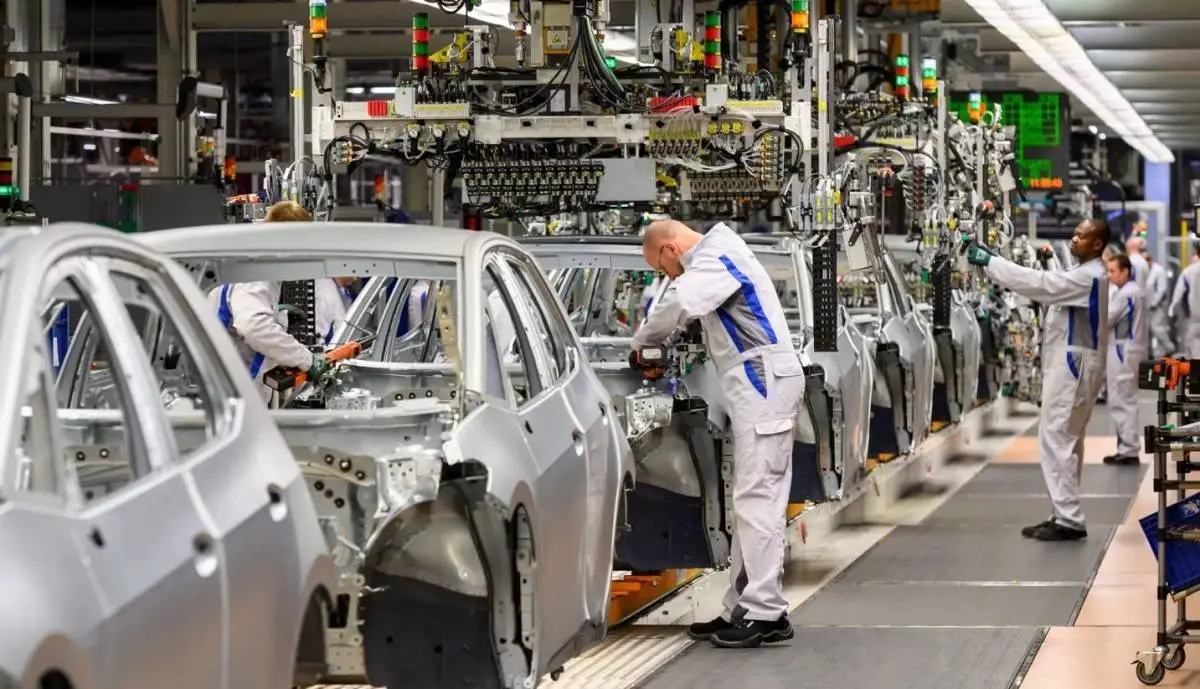
At the moment, and barring regrettable changes, it would therefore not seem like a disguised imposition to force people to buy a new vehicle. Of course, beyond any legislative measure, the fact remains that the ecological transition (the real one!) will be, beyond illusions, a long and complex processwho will most likely find peace and fulfillment only with the support and the evolution of energy sources and hydrogen combined with the technology of fuel cell. Harass, blame and above all punish European motorists it would just be a very morally incorrect move and tremendously self-defeating.
There is nothing that can stop owners of any type of car, in whatever condition it is, from attempting to repair it or have it repaired
Adalbert Jahnz, spokesperson of the EU Commission for Transport.
Criteria for non-repairable or end-of-life vehicles
In general we can state that a vehicle is no longer repairable (and therefore forced scrapping is applied) if its market value is less than the cost of repairs necessary to restore it in the EU to a sufficient technical condition to obtain a certificate of conformity in the Member State in which it was registered before the repair, unless the a technical report that certifies the opposite according to the terms of the law.
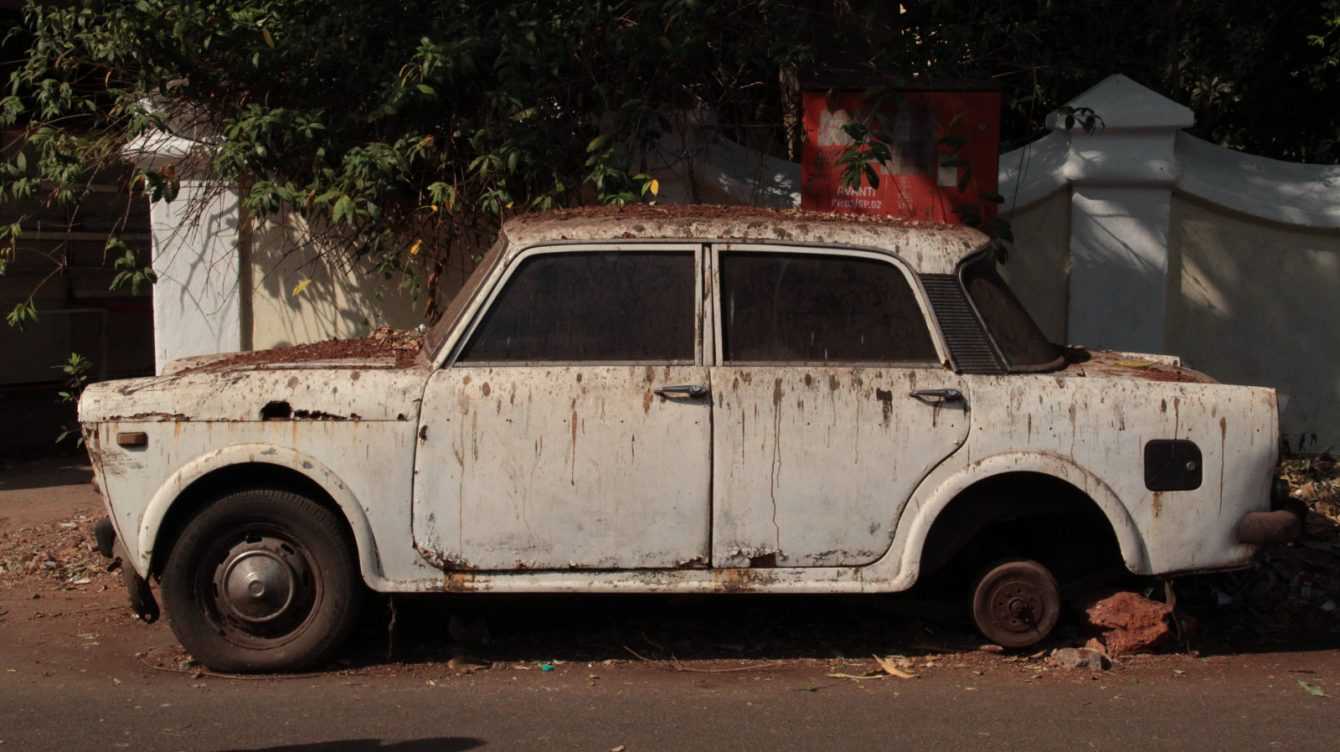
In essence, the regulation is applied when a car:
It has been reduced in pieces or dismembered
Scocca welded or closed with insulating foam
Was burned completely to the point of destroying the engine compartment or the passenger compartment
Was immersed in water right under the dashboard with damage to the engine or electrical system
Leaks fuel or its vapors with a risk of fire and explosion
One happened leaking from the liquid gas system which carries the risk of fire and explosion
Leaks operating fluids (fuel, brake fluid, antifreeze, battery acid, coolant) with a risk of water pollution
The brakes and steering components are excessively worn –
The structural and safety components have irreversible and non-replaceable technical defectssuch as aging of the metal, numerous cracks in the paint layers or perforation corrosion excessive
Vehicle repair requires replacement of the engine, gearbox and casing or the chassis as a whole, with consequent loss of the original identity of the vehicle
At least one of the following vehicle components it cannot be repaired or replaced:
– components of adherence to the groundtires, wheels, suspension, steering, brakes and related controls
– joints and fasteners of the seats
– airbag, pretensioners, seat belts and their peripheral components
– the carcass e the frame of the vehicle
To stay up to date on the latest news from the world of motors, continue to follow the tuttotek pages.






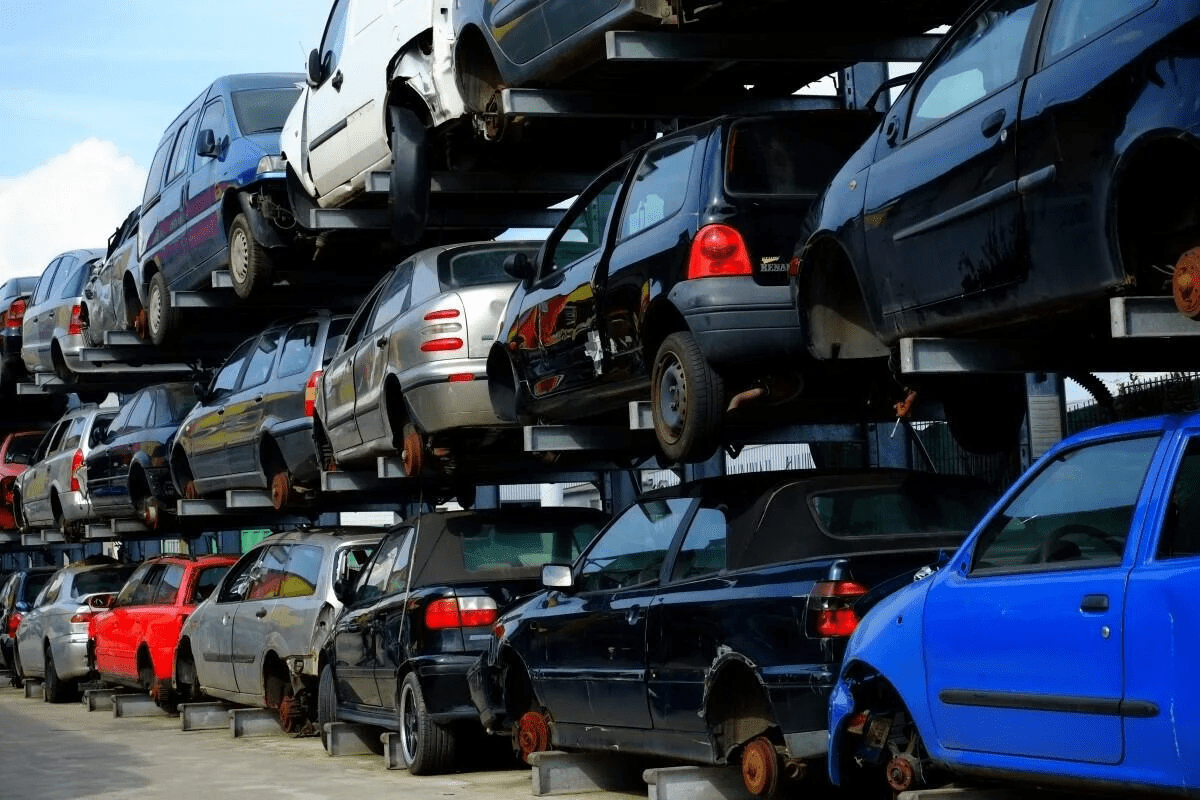






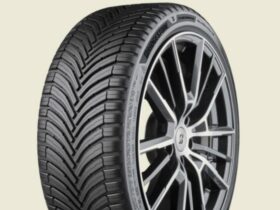
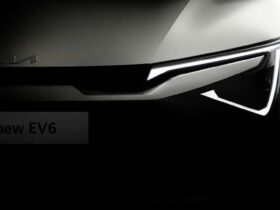
Leave a Reply
View Comments